The Foundation of Financial Success: Moving from Scarcity to Abundance
Wealth is not reserved anymore for the rich. Anybody can achieve it. We might grow up with an understanding that we come from a poor background or a country that is underdeveloped and, therefore, are already behind in the race to wealth. You need to break this habit. The investment world got heavily democratized and anyone can start investing with a few savings.
If you’re open to learning, you have taken the most important step already. You have to shift your thinking from money is hard to earn. See your time as valued. For working 40 hours a week, you’ll get money in return. This money is your tool for growth. The only scarce resource is your time, not money. When you start investing, your money will make more of it, while you don’t work. This is called compound interest. If you have a limited belief regarding money, write it down and substitute it with a positive one.
Example: I’ll never be rich -> Wealth is built through consistent investment actions.
When I talk about abundance, I don’t mean that you need to rent a Lamborghini and show it off with your fake Rolex while driving through Dubai. Abundance means looking beyond the next paycheck and thinking long-term. What can I do best with my hard-earned money this month and next month?
Where did I spend too much and what can I do with this extra-saved money?
Setting Specific Financial Goals: The Roadmap to Financial Freedom
This brings us to goal setting. If you have a clear goal, it’ll be easy for your money to follow. Use the SMART technique to define a clear goal: Specific, Measurable, Achievable, Relevant, Time-bound.
For example: "Save €60,000 for a home downpayment in 10 years by investing €500 monthly at 7% return."
Set the €500 aside when the month starts, to never miss out a month. Add regular reviews. If you see that you are on track and maybe can add an additional €1,000 by year end, you’ll see that you are on track and might reach your goal already in advance. Share the goal with important people in your life to create accountability and commitment towards them. You’ll feel more eager to reach the goal if you know someone will ask about your investment progress.
Learning from Successful Savers: Role Models for Your Journey
We don’t have to reinvent the wheel here. Many people have taken bad and good financial decisions and have shared them with others. Some key habits of successful investors: Constant education, strategic planning, emotional resilience, and taking ownership.
The last point is important. When you start investing, you turn from a consumer (let me buy a fancy bag with my savings) to an owner (buy a stock of Microsoft and you own part of the company). Now we are talking. You are a shareholder of a company and this company will make more money while you do your thing in the meantime. Same goes by buying real estate and renting it out. You own, someone else pays off your investment.
Great books I’ve read recently were:
‘The Psychology of Money’ – Morgan Housel
'Just Keep Buying’ – Nick Maggiulli
Conclusion: Your Mindest, Your Freedom
Financial Freedom isn’t about luck or inheritance – it’s about mindset. Sure, someone who can afford to have a luxury sports car by spending their parents' money might have a head start. But that person might be burning money forever. Don’t compare yourself and focus on your personal goals. Then take action and turn into an investor. First by investing passively in ETFs, later by taking a more active approach (picking stocks, buying real estate). It’s your life so make the best out of it. And remember,the only scarce resource is time. So don’t waste it on senseless spending. Take action and invest in your financial freedom.
This text is a personal opinion of Georg Klausner , part of INVESTLING – Lifelong Earning's mission to make financial education accessible. No financial advice.

